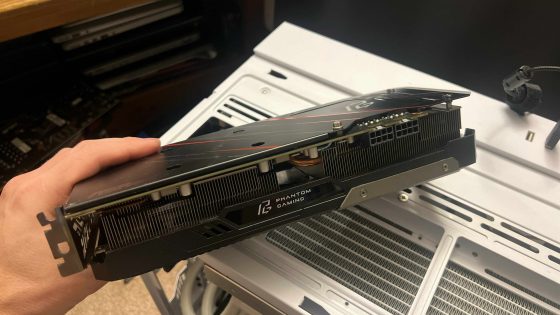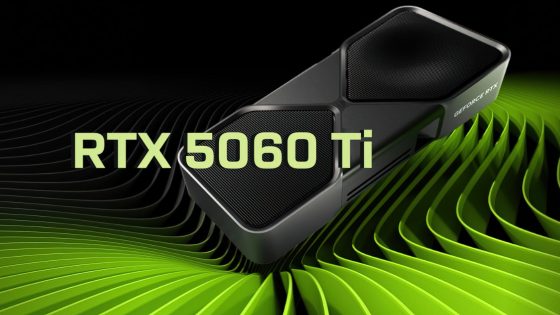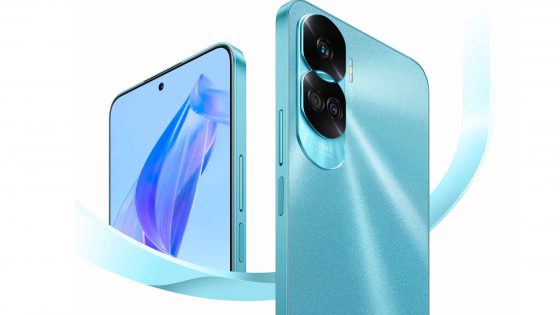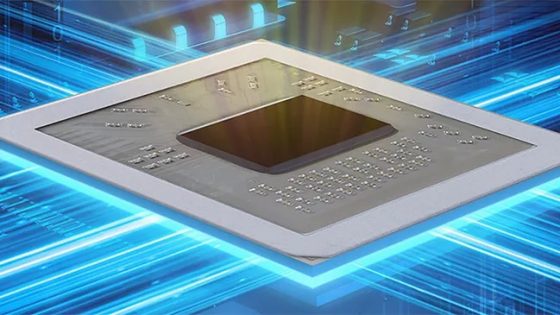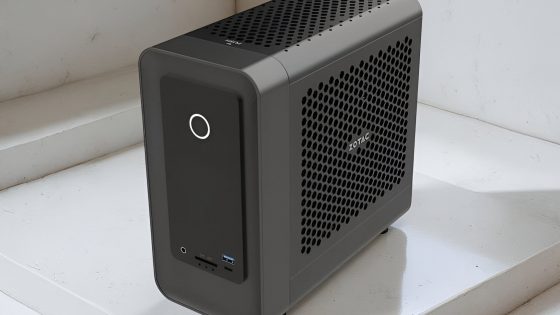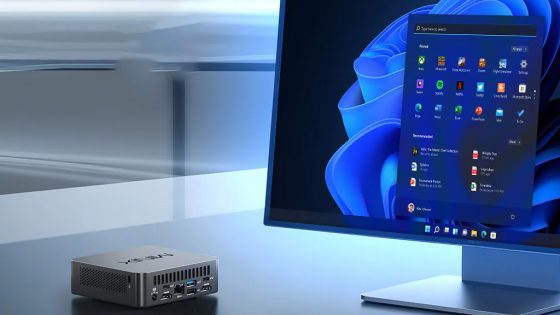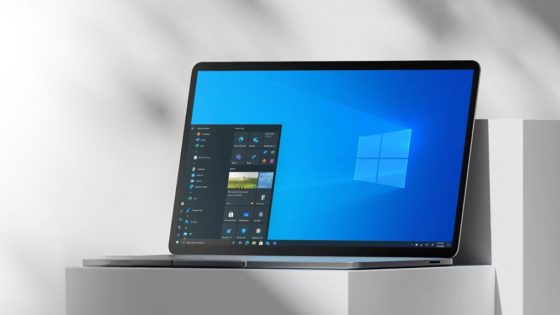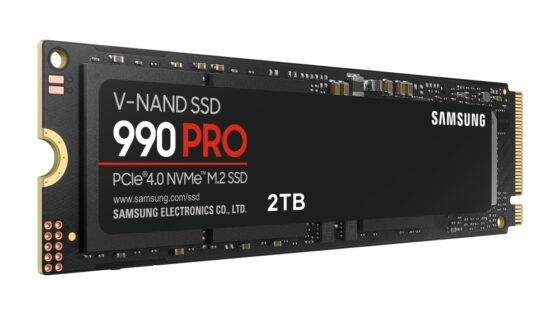Gamers get ready, Nvidia is raising the prices of graphics cards
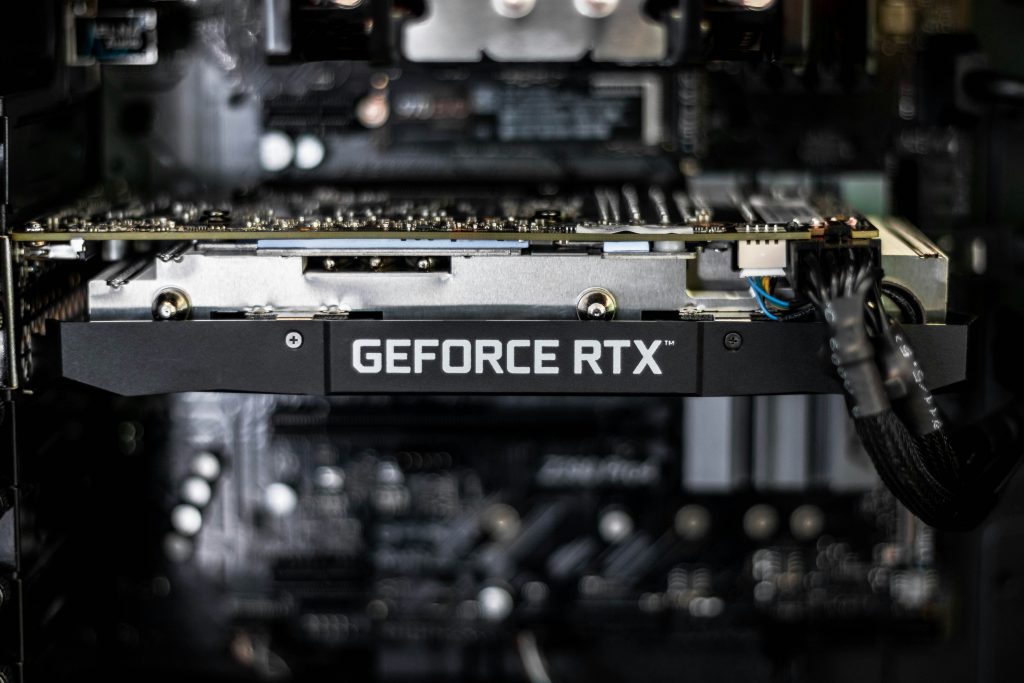
The price jump is unlikely to affect all graphics cards and will instead depend on how third-party GPU manufacturers such as MSI and ASUS decide to pass the price increase on to consumers. Current forecasts indicate that entry-level GPUs, including the RTX 4060, RTX 3050, and GTX 1650, will be the hardest hit. In other words, we don't currently have a clear idea of how exactly the price hike will affect consumers, but we expect companies to be very soon raised prices.
According to the writing of the Chinese website UDN, manufacturers are expected to benefit. Inflation and geopolitical factors could also weigh on prices further soon. As for the demand for graphics processors, it should be similar to what it was at the end of the year.
Goodbye?
The increasing ubiquity of artificial intelligence is a very important reason for the increased demand for graphics cards. This puts Nvidia in a rather unique position where the company isn't focusing on its own version of ChatGPT (although it has its own AI tools like Nvidia ACE), but is instead providing the hardware to train and run all the biggest AI tools currently on the market. the market. So it makes a lot of sense for Nvidia to focus on high-end AI hardware rather than GPUs for gamers.
During last year's GTC keynote, Nvidia CEO Jensen Huang emphasized the company's focus on artificial intelligence. He said this was part of his hope that the company would penetrate more industries than just the gaming market.The impressive capabilities of generative artificial intelligence have created a sense of urgency for companies to reinvent their business models and, consequently, the product"t," Huang said.
While this may be bad news for Nvidia enthusiasts, it may be good news for AMD and Intel to fill the gap in the market that Nvidia will leave behind as it shifts its focus to AI. Both still offer affordable gaming-focused graphics cards – and hopefully will continue to do so for a long time.



